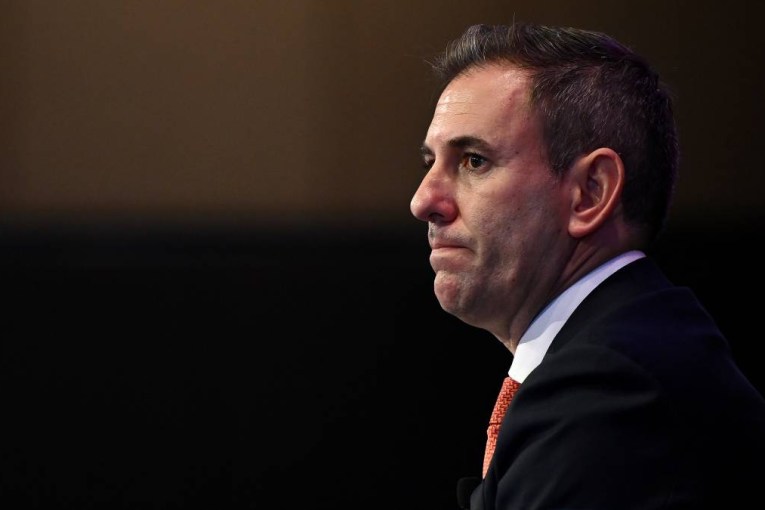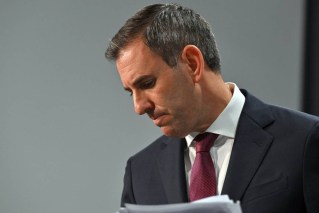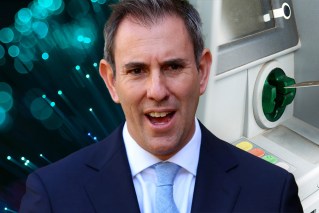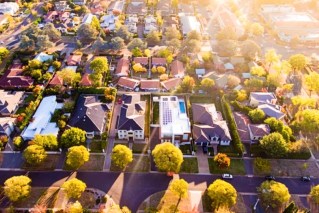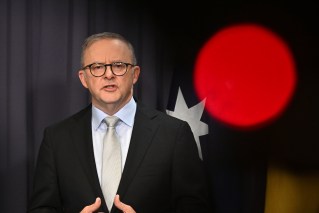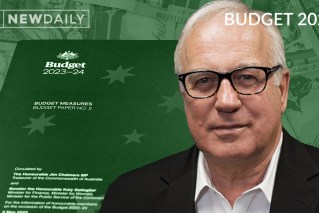Frydenberg talks up need for ‘productivity’ as population ages faster than expected

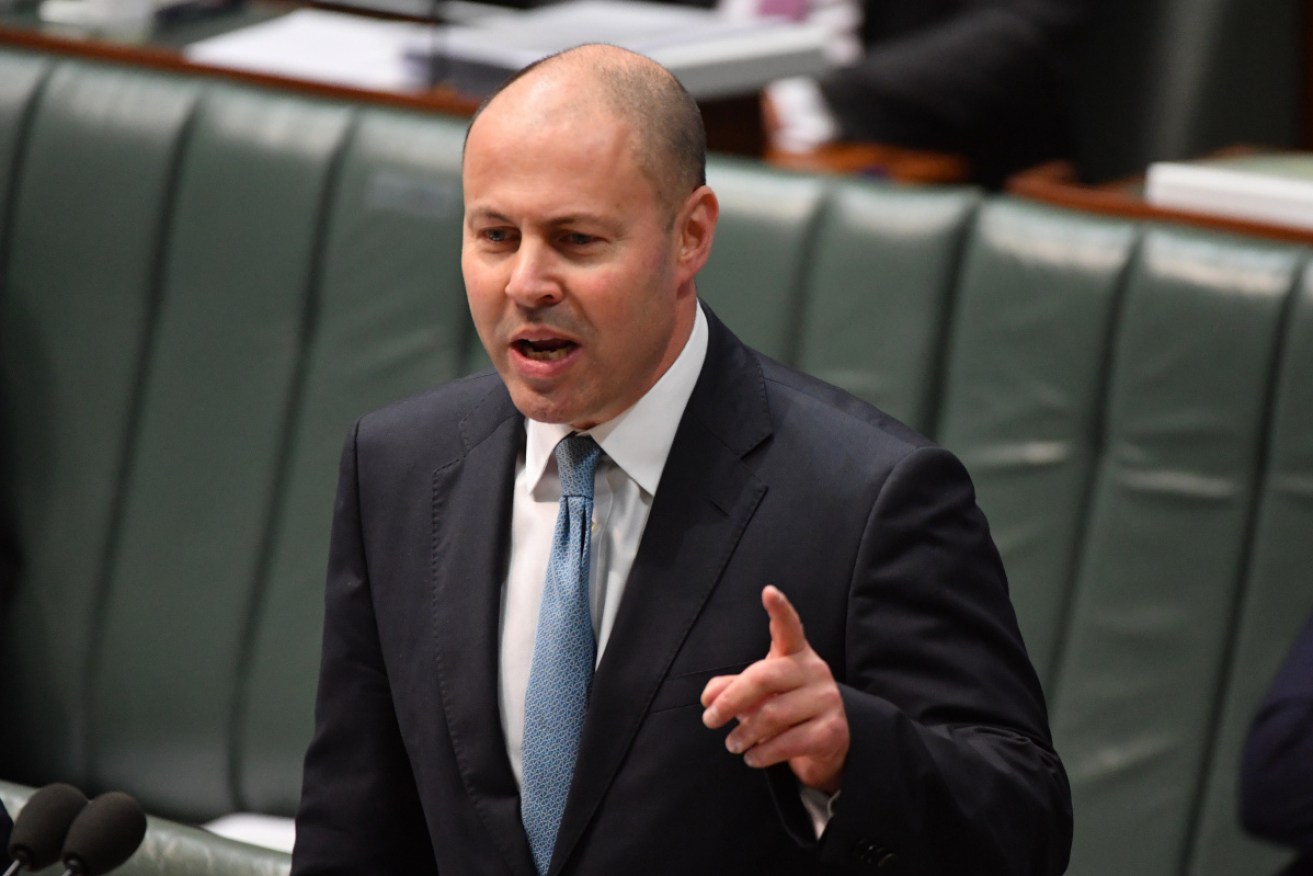
Treasurer Josh Frydenberg will release the fifth Intergenerational Report in Melbourne on Monday. Photo: AAP
Australia is expected to have experienced the slowest population growth in more than a century as a result of pandemic restrictions on migration, according to advanced extracts of the fifth Intergenerational Report.
Treasurer Josh Frydenberg will release the report on Monday with a speech warning of the economic pressures being imposed by a population that is growing more slowly and ageing faster than expected as a result of COVID-19.
In an address to the Committee for Economic Development of Australia, Mr Frydenberg will refer to the rush of baby boomers entering retirement today as “the biggest demographic transition of the last century” and one that is contributing to a rapid change in the ratio of working-age people to those over 65.
Exacerbating the trend is a pandemic-induced fall in migration that has contributed to the first downward revision of long-term population projections in an intergenerational report, with millions fewer residents now expected in coming years.

The fifth IGR will mark the first downward revision in long-term population projections.
In 1981-82, there were 6.6 people of working age for each person above 65.
But that figure has now fallen to four and is expected to hit just 2.7 by 2060-61, meaning the taxes of each working-age person will need to support the essential services of a growing number of older Australians.
Although many will continue working in later life, the ageing population is projected to feed into declining workforce participation and means higher productivity will need to be the main driver of economic growth in coming years. And that will require economic reform.
“If we want to maintain our living standards, generate higher wages and create more jobs, Australia has no alternative than to pursue economic reform, much of which is hard and contested,” Mr Frydenberg will say in his speech.
“With productivity responsible for 80 per cent of Australia’s income growth over the past 30 years, the task is obvious and the choice is clear.
“Productivity, as Nobel Prize-winning economist Paul Krugman has said, ‘isn’t everything, but in the long run it’s almost everything’.”
According to advanced extracts of the IGR circulated by Treasury, the workforce participation rate is projected to fall from a record high of 66.3 per cent in March 2021 to 63.6 per cent by 2060-61.
And long-term population projections have been revised down. The 2015 IGR projected that Australia’s population would reach almost 40 million by 2054-55, but the delayed 2021 IGR projects it will be 38.8 million in 2060-61.
Meanwhile, real gross domestic product (GDP) is projected to grow at 2.6 per cent a year over the next 40 years – compared to 3 per cent over the past 40 – and real GDP per person is projected to grow at an average annual rate of 1.5 per cent, compared to 1.6 per cent over the past 40 years.
That suggests the economy will grow more slowly than it has done in the past while average living standards will improve at roughly the same rate.
But the forecasts in the IGR are based on the assumption that annual productivity growth will converge over the next 10 years to 1.5 per cent – which is much higher than the 0.5 per cent annual average seen over the past five years.

The Australian economy is projected to be more than two and a half times larger in 2060-61 than it is expected to be in 2020-21.
Population specialist and former Immigration Department deputy secretary Abul Rizvi has previously suggested that such assumptions are unrealistic given the advanced state of Australia’s ageing population.
Dr Rizvi told columnist Michael Pascoe in April that “no major developed nation has averaged real economic growth or productivity growth anywhere near 1.5 per cent per annum once deep into its population ageing phase”.
This suggests the forecasts for economic growth and improvements in living standards in the 2021 IGR will be overly optimistic.
Last week, analysis by federal Labor found that the economy in December 2019 was $91 billion smaller than forecast in the 2015 Intergenerational Report and had lost $200 billion in cumulative economic activity as a result.
The analysis claimed this equated to an average loss of $8036 for every Australian.

Population growth is expected to have slowed to 0.1 per cent in 2020-21 – the slowest growth in over a century.
“Having so spectacularly overpromised and underdelivered on their last Intergenerational Report, how can Australians trust Scott Morrison and Josh Frydenberg to live up to this one?” shadow treasurer Jim Chalmers said.
“The Morrison government’s budget delivered generational debt without a generational dividend and Australians can’t afford for this Intergenerational Report to be yet another expensive missed opportunity.”
Under the Charter of Budget Honesty Act, which was also introduced by the Howard government, the Commonwealth is required to release an IGR every five years to assess how changes to Australia’s population size and age profile could affect economic growth and the nation’s public finances over the next four decades.
The reports are meant to be apolitical and provide useful information on long-standing issues such as climate change or population ageing to guide longer-term policymaking.
But the last iteration produced by Joe Hockey in 2015 was widely regarded as overly political and eroded the credibility of the IGR in the eyes of many economists.
Mr Frydenberg will release the fifth edition on Monday morning at an event in Melbourne.

